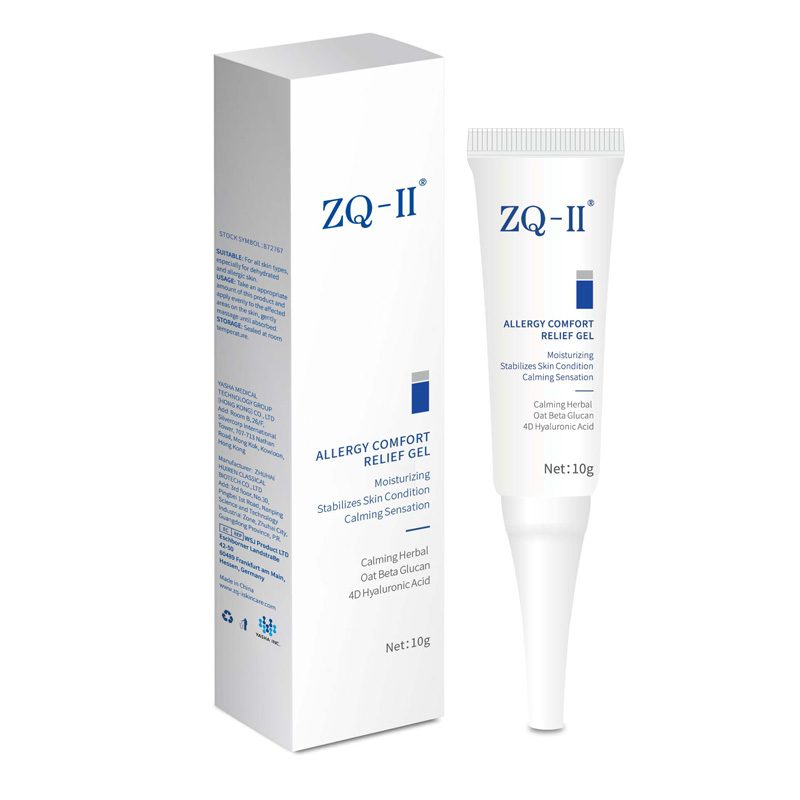How Can You Effectively Combat Allergies and Improve Your Quality of Life?
2024-12-09
Living with allergies can be a daily struggle, affecting everything from your comfort to your productivity. But managing allergies doesn’t have to feel overwhelming. With the right strategies and solutions, you can reduce symptoms and reclaim control over your life. So, how can you effectively combat allergies? Let’s explore.
1. What Are Allergies and Why Do They Happen?
Allergies occur when your immune system overreacts to substances like pollen, dust mites, mold, pet dander, or certain foods. These substances, known as allergens, trigger an immune response, leading to symptoms such as sneezing, itching, congestion, or more severe reactions like anaphylaxis.
2. How Can You Identify Your Allergies?
Understanding what triggers your allergies is the first step in managing them. Consider the following:
- Allergy Testing: A healthcare provider can perform skin or blood tests to identify specific allergens.
- Symptom Tracking: Keep a journal of your symptoms, noting when and where they occur. Patterns can point to likely triggers.
- Elimination Process: For food allergies, systematically removing certain items from your diet can help pinpoint the problem.
3. What Steps Can You Take to Reduce Exposure to Allergens?
- Maintain a Clean Environment: Regularly vacuum carpets, wash bedding, and clean surfaces to minimize dust and pet dander.
- Use Air Purifiers: HEPA filters can trap allergens, improving indoor air quality.
- Control Humidity: Dehumidifiers prevent mold growth by keeping indoor humidity below 50%.
- Keep Windows Closed During Allergy Seasons: This reduces exposure to pollen.
- Opt for Hypoallergenic Products: Choose anti-allergy bedding, skincare, and cleaning products to minimize irritation.
4. Are Medications Effective for Managing Symptoms?
Yes, medications can provide relief and are often tailored to specific allergy types.
- Antihistamines: Reduce sneezing, itching, and runny nose.
- Decongestants: Alleviate nasal congestion but should not be used long-term.
- Nasal Sprays: Reduce inflammation and congestion directly in the nasal passages.
- Allergy Shots (Immunotherapy): Desensitize your immune system over time to reduce reactions.
5. Can Lifestyle Changes Help Prevent Allergies?
Absolutely. Small adjustments can make a big difference:
- Dietary Improvements: Include anti-inflammatory foods like fruits, vegetables, and omega-3-rich fish to boost immunity.
- Stay Hydrated: Proper hydration helps thin mucus and flush allergens from your system.
- Regular Exercise: Physical activity can strengthen your immune system, reducing allergic reactions.
6. What About Natural Remedies?
While not a replacement for medical treatment, some natural remedies may complement your anti-allergy efforts:
- Saline Nasal Rinses: Flush out allergens from nasal passages.
- Local Honey: Some believe consuming local honey helps build immunity to regional pollen.
- Essential Oils: Oils like eucalyptus or peppermint may ease congestion when used in a diffuser or warm bath.
Final Thoughts
Allergies don’t have to control your life. By identifying triggers, reducing exposure, and adopting effective treatments and lifestyle changes, you can minimize symptoms and improve your quality of life.



